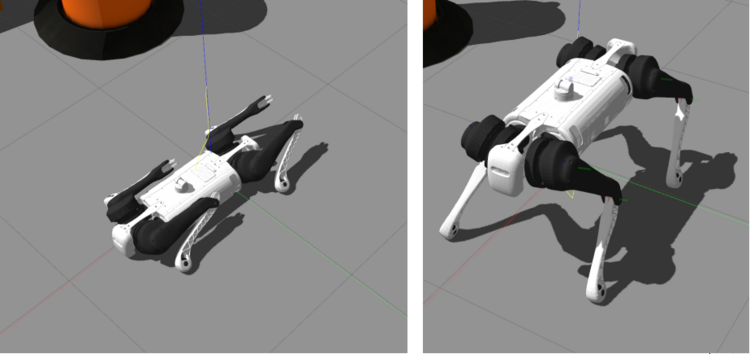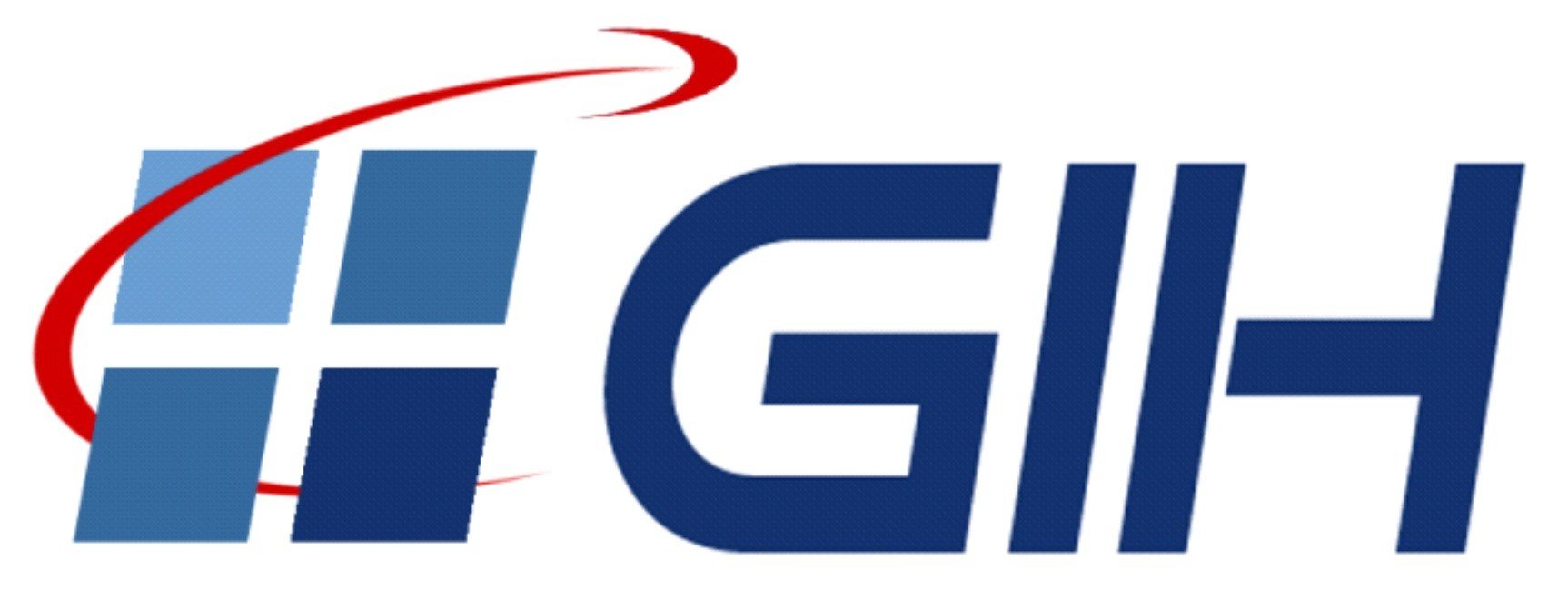Advanced Particle Filtering for Quadruped Robot Navigation
 © GIH
© GIH
| Betreuung: | Dr.-Ing. Rozhin Moftizadeh, Christian Hartberger, M. Sc. |
| E-Mail: | moftizadeh@gih.uni-hannover.de |
| Jahr: | 2025 |
Advanced Particle Filtering for Quadruped Robot Navigation
Background: In recent years, quadruped robots have become increasingly valuable due to their unique features that set them apart from other types of robots. Notable among these are their high maneuverability and ability to traverse uneven surfaces. These capabilities make quadruped robots ideal for various applications, such as rescue missions in disaster scenarios like fires or earthquakes. To enable autonomous operation in diverse environments, it is crucial to develop a robust and reliable framework for their navigation.
Objective: The aim of this master thesis is to adapt and evaluate an existing particle filter framework for quadruped robots. Originally developed for autonomous cars, the framework must be assessed and potentially modified to account for the differences in sensor configurations and the distinct characteristics of quadruped robots. Necessary improvements should be identified and implemented as needed.
Specific Methodology: The methodology employed in this thesis is the Robust Extended Kalman Particle Filter with Implicit Observation Models (R-EKPFPI). This advanced framework integrates data from multiple sensors and environmental information to provide reliable localization and path planning solutions. Its primary advantage lies in its ability to operate without relying on simplifying assumptions, making it highly suitable for real-world applications where complex scenarios render such assumptions impractical. Additionally, the framework is designed to deliver solutions efficiently, further enhancing its appeal for practical use.
Provided Material: A simulated environment, along with the corresponding filtering codes implemented in MATLAB, will be provided.
Programming Requirement: Proficient in MATLAB; ROS knowledge advantageous
Language: English or German
Start: 01.03.2025






